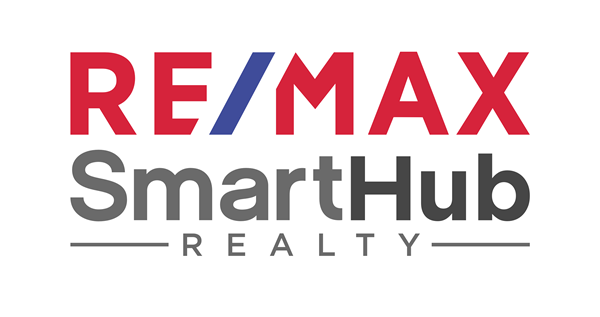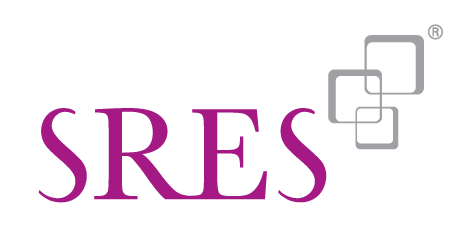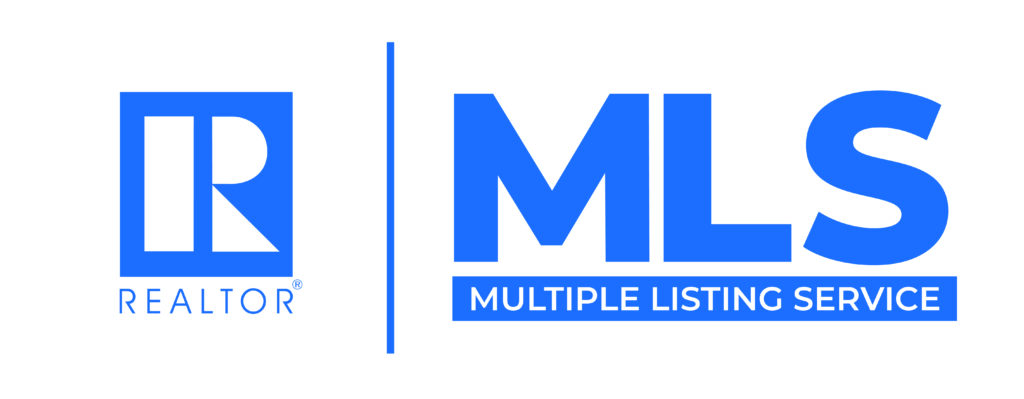The housing market has seen crazy highs and lows over the past few years, not surprisingly to anyone. As 2022 passes the halfway point, we can expect to see some additional changes to the real estate market in the coming months, including changes in interest rates for mortgages. What does that mean exactly?
We’re sharing more about what to expect this year regarding interest rates, mortgage rates, and how to ensure you’re getting the best rates possible when you’re ready to purchase.
What are mortgage rates?
First, let’s start with mortgage rates for those who might not be familiar. Mortgage rates refer to the costs associated with taking out a loan to finance a home or property purchase. Because properties cost as much as they do, most people can’t afford to pay for them up-front in cash. Instead, they opt to stretch the payments out over a long period of time, often up to 30 years, to make the regular monthly payments more affordable.
As the market shifts and changes, so do mortgage rates. Generally speaking, higher interest rates and rises in inflation often mean higher mortgage rates – and vice versa.
Where are mortgage rates going?
Since the beginning of 2022, mortgage rates have surged which demonstrates investors’ views of the economy heating up. We have also seen the Federal Reserve taking any steps necessary to cool down the economy and rein in inflation.
Many global aspects of the economy also play into rates and where they stand. Things like COVID-19, the Russo-Ukrainian War, and other events have weakened the economy in recent months. During this time, bond yields have fallen, and mortgage rates have followed.
What is a mortgage rate lock?
When looking into mortgage rates, you may want to have mortgage rate locks on your radar. A mortgage rate lock is a guarantee that the rate you’re offered in your mortgage application acceptance is the one you will eventually pay. While rates can change, locks help avoid any fluctuation in your rate, assuming you close within a normal period of time and make no changes to your application.
In times where the market is unstable and rates fluctuate often, it may be wise to lock in a rate that seems affordable for you.
When should I lock my mortgage rate?
While locked rates can be great, knowing when to lock in a rate may feel like the challenging part. We first recommend speaking with a real estate expert if you’re considering locking in a rate. Realtors and experts in the real estate field understand the market and where it’s heading in the future. They can offer insight into current rates, future rates, and how the market is fairing.
Be sure to also ask your lender about the consequences of not closing within the timeframe specified in a rate lock agreement as this may influence your decision to lock or now. You may also want to ask about what could happen if rates fall after you lock in a rate.
2022 Trends
- According to a recent Forbes report, the average weekly mortgage rate for a 30-year fixed has jumped to 5.55% as of August 25, compared to just 3.22% at the start of the year.
- The average cost of a 15-year, fixed-rate mortgage has also surged—up to 4.85% as of late August, compared to 2.43% in early January.
Have other questions? We can help with that.
It can be challenging to know when is the right time to purchase or sell a home or what rates are ones you should jump for. While the market is always changing, having an experienced real estate expert on your side can make all the difference.
Contact the Matt Weaver Group team today with any other questions you have.









